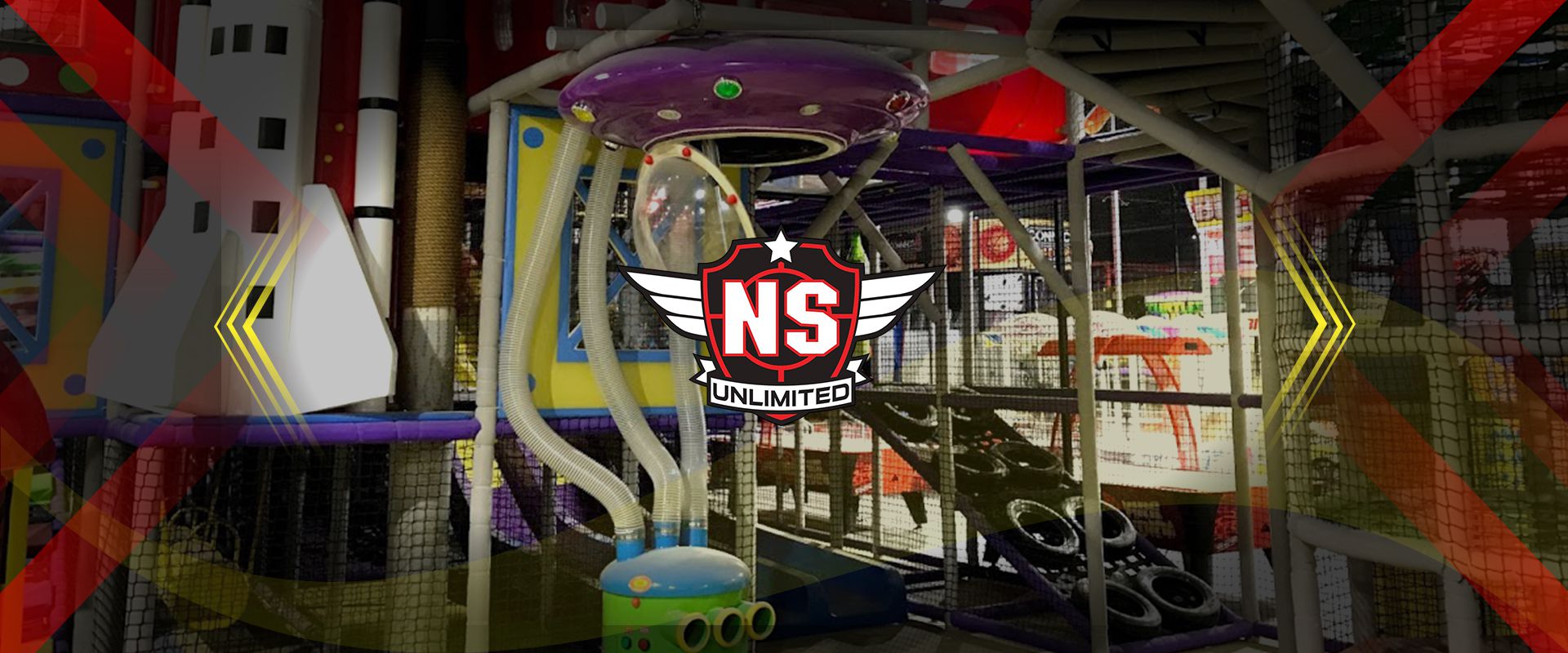Share
The school year is starting and many working parents are facing the same conundrum they faced last spring — how do you juggle a full-time job with overseeing your kids’ distance learning because schools are still closed?
Some parents are creating pods with other parents to share learning oversight and child care duties, while others are paying hundreds of dollars weekly for a supervised center or a tutor. And for some southwest Fresno students, church may be the answer.
Schools in Fresno County will need to remain closed so long as the county remains on the state’s monitoring list of counties with high rates of coronavirus infection. Under the current mandate, schools must remain closed until the county is off the watchlist for 14 consecutive days unless they obtain a waiver to open.
Sierra Unified School District already had been preparing a homeschooling option when the pandemic hit, so the district put the plans into high gear, superintendent Alan Harris said.
A district survey showed that families of about 20% of the students — around 270 — wanted to enroll in Sierra@Home. Students are assigned teachers, who meet weekly with the student and parents to go over classwork, he said.
Parents Create Pods
Some of the Sierra@Home families decided to link up through pods so that parents could share the responsibility of child care and helping oversee schoolwork, Harris said.
Sierra Unified, headquartered in Prather, serves the mountain foothills communities northeast of Fresno. Here, Harris said, “families do a great job of taking care of each other.”
Pods are a growing option for families, which led Bitwise developers to create a tool, PodUp, to help families find each other. Registration for the tool is free, and families are linked according to geography, the age of children, and the families’ “quarantine values.”
Virtual Learning Sites Opened
But there are also growing numbers of virtual learning sites, some provided by employers and others made available to the community at large.
Kaweah Delta Medical Center announced Thursday that it is opening such a site in its Lifestyle Center, the hospital’s medically-based fitness center. The virtual learning center is open to children ages 5-11 whose parents are hospital employees. Learning centers will be set up in the gym and conference rooms, and children will be grouped by age.
As of last week, 90 children had been registered for the program. Teachers from Kaweah Kids, Kaweah Delta’s child care center, will be on hand to supervise the children while they engage in distance learning set up by their school teachers.
Students will need to bring their own computer equipment, face mask, snacks, and lunch.
Hospital Employees Are Essential Workers
The program is designed to help hospital employees who are among the state’s essential workers, said Kathryn Price, director of Kaweah Kids.
“We know this is challenging time for parents and for children, so we are trying to do everything we can to support our team,” Price said. “We want to make sure that they have what they need so that they can be there to care for the community.”
Depending on their income, parents will be charged $10 or $20 per day for one child and an additional $5 to $10 daily for each additional child, Kaweah Delta spokeswoman Laura Florez-McCusker said. Financial assistance also will be available, she said.
Virtual Learning at Break the Barriers
In northeast Fresno, Break the Barriers is opening a Virtual Learning program for Clovis Unified students in grades 1-6. The program might be expanded to include children from other school districts, although that might require additional staff if they are on different schedules than Clovis Unified, CEO Jared Hergenrader said.
Break the Barriers, which has remained open because it’s deemed an essential health and wellness provider, offers programs and classes for children and adults of all physical and mental capabilities.
Virtual Learning will be limited to 54 children who will be split between lower and upper grades and spaced apart in the reading lab and cavernous archery room. Dividers are being installed to further separate the students, Hergenrader said.
Staff Has Teaching Experience
Staffers with teaching experience will serve as co-directors of Virtual Learning and will be able to help students with curriculum assigned by teachers at their schools.
The cost is $800 a month for children who attend from 8 a.m. to 3 p.m. daily, and up to $1,100 monthly if children need to remain past 3 p.m. For physical education and after-hours programs, students will be able to use the Break the Barriers facilities.
Hergenrader said the Virtual Learning prices are less than what parents pay at other child care centers. The additional revenue will help offset the lost income that Break the Barriers has experienced since the start of the pandemic.
“To save Break the Barriers, we’re doing everything we can,” he said.
No Surrender Delays Adventure Camp
In Clovis, the No Surrender Laser Tag and Adventure Park had been advertising Adventure Camp as a center for students to do virtual learning while schools are closed.
Manager Aashi Pahwa said Friday that the program has been suspended so it can be finetuned, with additional protocols established. She said No Surrender was already considering delaying the program when the business was contacted by Fresno County Department of Public Health with the reminder that family entertainment centers are to remain closed while the county’s coronavirus infection rates remain high.
The proposed prices were $300 per week for the first child, and $275 weekly for additional siblings, or $1,000 monthly per child and $750 for additional children. In addition to having a supervised learning site, the students would have access to No Surrender’s attractions, including the rope course and laser tag.

Looking for No-Cost Options
But many parents in Fresno can’t afford to spend hundreds of dollars a week to send their kids to a virtual learning hub while schools remain closed. So community groups such as Every Neighborhood Partnership have brainstormed with school officials on creating no-cost alternatives for families.
Jason Spencer, pastor of Image Church in southwest Fresno and one of the nonprofit’s neighborhood development coordinators, said he grew concerned last spring after hearing that Columbia Elementary School just west of downtown Fresno had lost contact with 45% to 55% of its students before the end of the school year.
Spencer said he’s been working with other southwest churches and the nonprofit Every Neighborhood Partnership, on how to keep kids from falling through the cracks in the new school year.
He said his goal is to create a safe space at a local church or a neighborhood center where the most at-risk students, identified by their teachers and schools, would have a place to work and someone to help them over any hurdles.
Spencer said his goal was to recruit eight churches, “and I’ve got six churches already.”
Giving Kids Some Help
Spencer said he’s been meeting with Fresno Unified officials — his next meeting with superintendent Bob Nelson is scheduled for Aug. 25 — to see about financial support, such as helping to pay for personal protective equipment, cleaning supplies, and other things needed to keep students and volunteers safe.
In the meantime, he’s trying to line up more churches and other groups that can volunteer spaces.
Spencer said he knows there may not be a space for every Fresno Unified student who needs one: “I can’t save everyone. But if I can help 10 kids, I’m OK with that.”
Board president Keshia Thomas, who represents the Edison High School area, has been working with Spencer and others to get the hub program up and running.
She said she hopes more churches and other organizations will be able to step forward and volunteer to provide spaces for hubs so more children may be helped with their virtual learning.




















